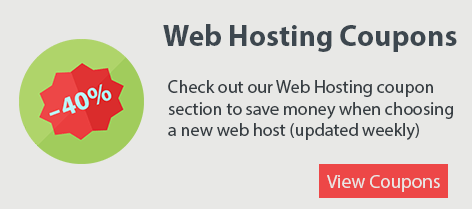How To Secure WordPress
One of the worst things that you can do when you install WordPress is to leave it alone. Too often, people just install this, and that’s it. You may be tempted to do this. If you just install this on your web hosting account, and you don’t do anything else, you’re going to find yourself in dire straits at some point. It’s easy to work with WordPress, and protect yourself against a lot of issues. If you want to absolutely lock your account, consider a few notes on how to absolutely protect your identity, your information, and your databases. The following are simple things to follow that will help you out today.
Choose A Strong Password
The first thing that you need to do with your WordPress installation is simple, have a strong password. Yes, this has been talked about before, but you have to follow it. Do not pick a password that is a real word, don’t use dates that are important to you, and if you can’t really think of anything, then look online for strong password generators. If you use a service like TrueKey, you could have them generate a strong password for you, and you can lock it down.
Change Your WordPress Password Often
The first tip is easy, but this is even easier. When you have your password locked in, change it every few months. Simple as that. Do not let your account go months and months on end without changing it. If you don’t change anything, you’re going to end up seeing a big deal of problems. You have to change this up, and you have to protect yourself against brute force. The biggest attack that hackers pull against WordPress installations involves brute force password jacking. Don’t let yourself become a victim, change your password every few months, and make sure that it is very strong.
Update Your Installation When Released
You don’t have to update your installation every Beta Release. However, when there is a stable release, you need to update your installation. Do not let a full release of WordPress come through without updating it. Some web hosts will do this for you, but if you can help it, make sure that you isolate the issue and update it yourself. Do not let your installation lapse, because the further back it is, the easier it is to stomp it out by a hacker. If someone has nefarious means, they will break into your WordPress account and take your information.
Register For Private Domain Names
When you register your domain name, it pays to spend a little extra money to protect yourself. When you pay the extra fee, no one can look up the “WhoIs” information on your domain. They will not steal your information, and you can rest assured that you will be able to move forward without having anyone take your home address, phone number or anything like that. Register for private domains if you can, and keep them that way.
Edit The Database Passwords
When you are installing WordPress, you will be given database passwords. These can be changed with MYSQL. If you are serious about protecting your databases, change the passwords and reconnect them from time to time. This is not as complex as it may seem, so don’t panic. If you don’t want to go this deep, you don’t have to, but it is something to consider.
Backup Your WordPress Often
The next thing that you should be doing is simple, backup your WordPress installation. You can install a plugin that does this for you, but you can also do this manually. It’s a simple 10 to 15 minute element that will help you recover your information, posts, images, and more when you need it most. Backing up your WordPress is going to help you protect your installation down the line.
Update Your Plugins
The last thing that you want to do when you’re working with protecting your information and your installation is to update your plugins. Make sure that you update your plugins often, and don’t let them lapse. If you do this, you will make sure that the code is correct for everything that you’re putting up, and you don’t have to worry about holes within your website.
These are just some of the easiest ways that you can secure WordPress from hackers and attacks. Do this in a simple manner, and you’ll have peace of mind moving forward, guaranteed. Don’t go forward without considering these for the coming year.






